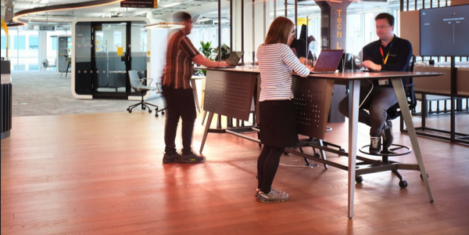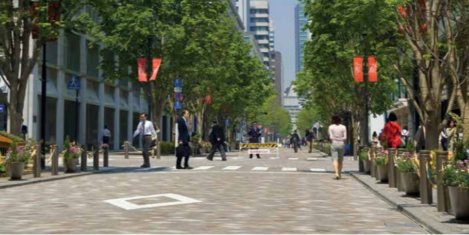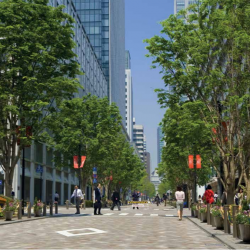To provide the best experiences, we use technologies like cookies to store and/or access device information. Consenting to these technologies will allow us to process data such as browsing behaviour or unique IDs on this site. Not consenting or withdrawing consent, may adversely affect certain features and functions.
The technical storage or access is strictly necessary for the legitimate purpose of enabling the use of a specific service explicitly requested by the subscriber or user, or for the sole purpose of carrying out the transmission of a communication over an electronic communications network.
The technical storage or access is necessary for the legitimate purpose of storing preferences that are not requested by the subscriber or user.
The technical storage or access that is used exclusively for statistical purposes.
The technical storage or access that is used exclusively for anonymous statistical purposes. Without a subpoena, voluntary compliance on the part of your Internet Service Provider, or additional records from a third party, information stored or retrieved for this purpose alone cannot usually be used to identify you.
The technical storage or access is required to create user profiles to send advertising, or to track the user on a website or across several websites for similar marketing purposes.
 The British Chambers of Commerce has said employers and the Government need to work together to bring older people back into the workforce. According to ONS data, around 500,000 older people have left the workforce in recent years, many of them prompted to do so by the pandemic. The number of over-50s who aren’t working or currently looking for work rose by 493,000 between October 2019 and December 2021. According to the Office for National Statistics, one in five did so due to stress or other mental health concerns. More →
The British Chambers of Commerce has said employers and the Government need to work together to bring older people back into the workforce. According to ONS data, around 500,000 older people have left the workforce in recent years, many of them prompted to do so by the pandemic. The number of over-50s who aren’t working or currently looking for work rose by 493,000 between October 2019 and December 2021. According to the Office for National Statistics, one in five did so due to stress or other mental health concerns. More →


































May 26, 2022
Extraverts don’t always make the best leaders
by Blaine Landis • Comment, Workplace